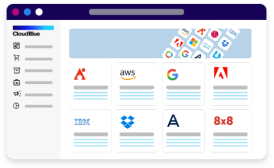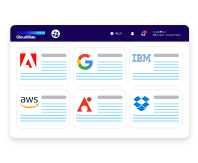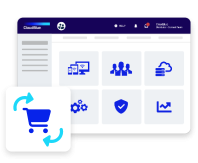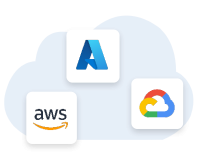Firewall as a Service (FWaaS) is a cloud-based security offering that provides firewall functionality and network security services as a subscription-based service. FWaaS enables organizations to outsource the management, configuration, and monitoring of their firewall infrastructure to a third-party provider, rather than deploying and maintaining physical firewalls on-premises.
FWaaS operates in the cloud, where the firewall services are delivered and managed by the service provider. It typically leverages virtualized or software-defined networking technologies to create and enforce network security policies. Organizations can access and manage their firewall settings and policies through a web-based interface or an API provided by the FWaaS provider.
The key features and benefits of Firewall as a Service include:
- Network Security: FWaaS provides essential network security capabilities, including traffic filtering, packet inspection, access control, and threat detection and prevention. It helps protect organizations’ networks from unauthorized access, malware, intrusions, and other security threats.
- Scalability and Flexibility: With FWaaS, organizations can scale their firewall services based on their changing needs. As the organization’s network requirements evolve, they can easily adjust firewall configurations, add or remove rules, and accommodate increased network traffic without the need to invest in additional hardware or infrastructure.
- Cost Efficiency: FWaaS eliminates the need for organizations to procure and maintain their own physical firewall appliances. Instead, they pay a subscription fee for the firewall services provided by the FWaaS provider. This can lead to cost savings in terms of hardware, software licenses, maintenance, and staffing.
- Centralized Management: FWaaS centralizes the management and control of firewall policies across distributed networks or multiple locations. Organizations can define and enforce consistent security policies, access controls, and threat prevention measures across their entire network infrastructure, regardless of physical location.
- Rapid Deployment and Updates: FWaaS allows for quick deployment and updates of firewall rules and configurations. Changes can be made centrally and pushed out to all relevant network endpoints, ensuring consistent security posture and reducing the time and effort required for manual updates.
- Monitoring and Reporting: FWaaS providers often offer monitoring and reporting capabilities, providing organizations with visibility into network traffic, security events, and compliance requirements. Detailed logs and reports help organizations analyze and audit their network security, track potential threats, and demonstrate compliance with regulatory standards.













